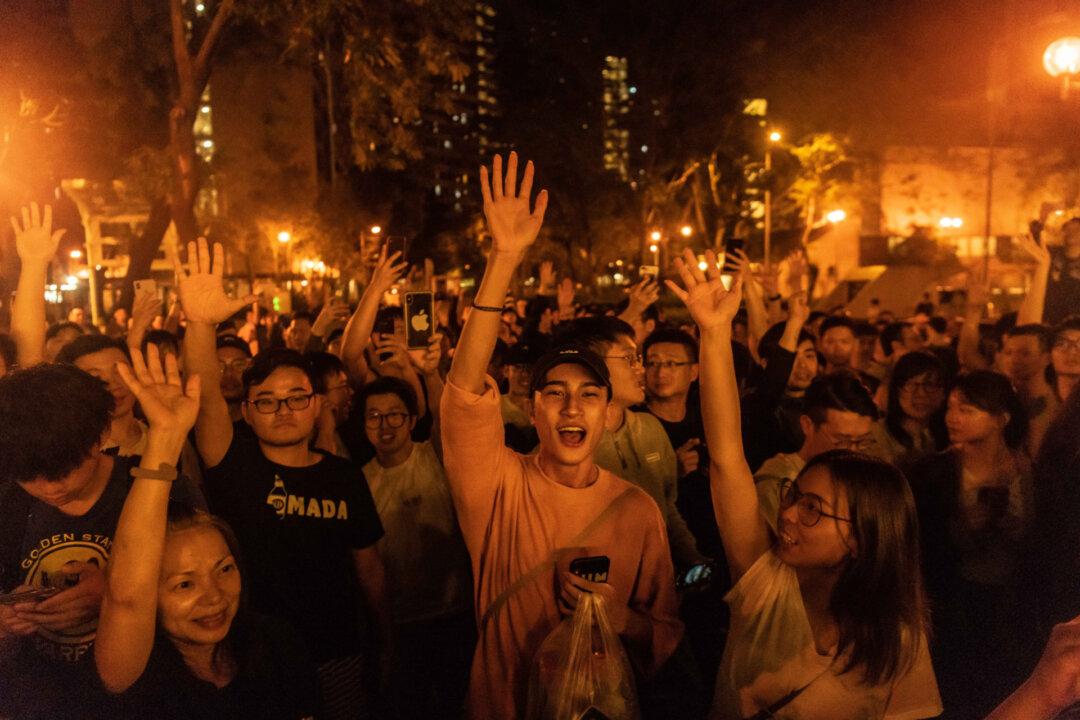After Hong Kong’s pro-democracy camp scored a landslide victory in the city’s district elections on Nov. 25, Chinese state media have largely kept silent, omitting news of the result in its reports.
The mainland media response stood in sharp contrast to its heavy propaganda campaign in the lead up to the elections, warning Hongkongers against voting in support of pro-democracy groups.





